Justice for the Rich
Most of the commercial treaties signed between countries contains provisions for ISDS (Investor-State Dispute Settlement), the legal mechanism granting companies the right to sue States before an arbitral tribunal. Democratic decisions can be second-guessed by private tribunals.
Among the 700 registered cases, 80% were initiated between 2003 and 2015. A true arbitration industry arose as corporate lawyers discovered the potential of such treaties. Low-income countries owe billions of dollars to private corporations after tribunals’ verdict. Even if the case is concluded in favor of the State, it would still have to pay an average of $8 millions in legal costs.
To exemplify the problematic I focused on three relevant dispute cases dealing with access to water in El Salvador, metallurgical industry in Peru, and waste management in Egypt.
I wanted to confront through photographs two opposite worlds that never directly face each other but that influence each other: the world of international arbitrators, and the social background of a country involved. I wanted to highlight how the democratic process is denied when investors rights become a priority over the public interest.
Director: Romain Champalaune
Producer: Jos de Putter
Editor: Coline Léauté
Diffusion: De Correspondent, Le Monde
Festivals:
Kasseler Dokfest, Kassel, Germany
International Photojournalism festival Visa Pour l’Image, Perpignan, France

A conference about ISDS and Investment Treaties at the OECD. Paris, France, 2015
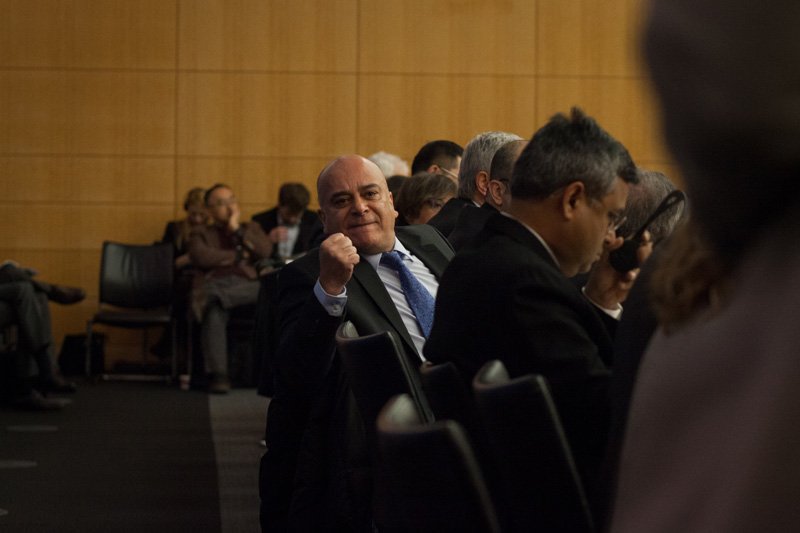
A conference about ISDS and Investment Treaties at the OECD. Paris, France, 2015
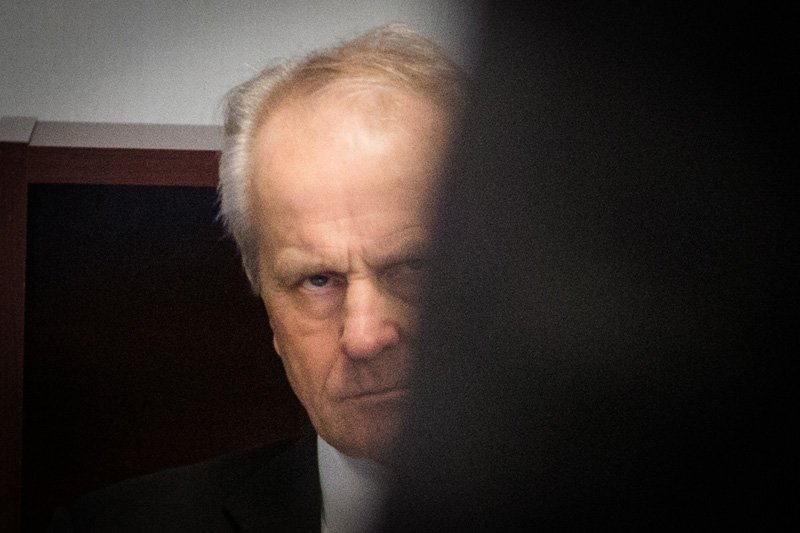
The Hearings of the Windstream Energy v. Canada case. The company claims $475 millions to the Canadian government after it voted for of a moratorium suspending off-shore wind energy projects. Toronto, Canada, 2016

A map of El Salvador, 2016

The mining company Pacific Rim has been suing El Salvador for 7 years, claiming $300 millions to this small impoverished country. Arcatao, El Salvador, 2015

One of the few uncontaminated rivers of El Salvador. The mining company Pacific Rim initiated a claim against the country after the government decided to suspend mining activities. San Isidro, El Salvador, 2015

A local election is organized to decide wether or not El Salvador should prohibit metallic mining. El Salvador, 2016
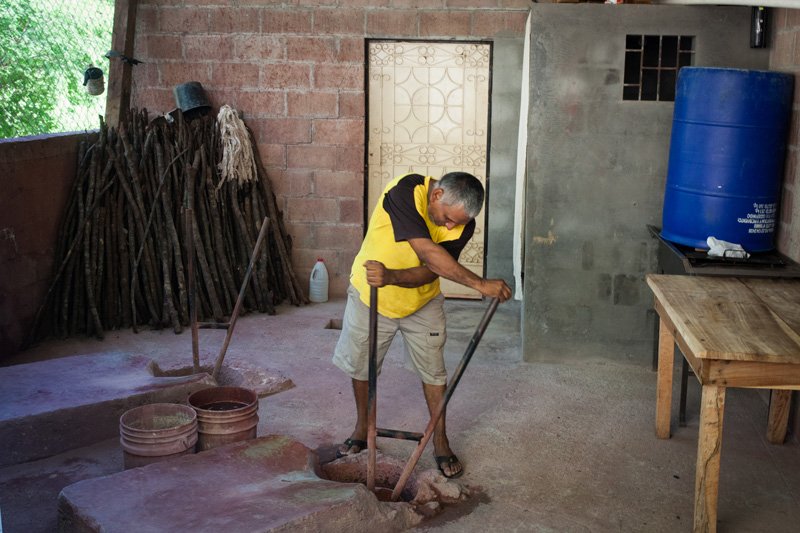
An artisanal gold digger using mercury in his courtyard. El Salvador, 2016

The American mining company Commerce Group also triggered an arbitration against El Salvador. They lost because of a technical flaw in their claim. They left the country without cleaning their facilities, leaving the San Sebastian river highly contaminated. San Sebastian, El Salvador, 2016

El Salvador is suffering from extreme drought and water scarcity due to climate change. El Salvador, 2016.

El Salvador is suffering from extreme drought and water scarcity due to climate change. El Salvador, 2016.

El Salvador is suffering from extreme drought and water scarcity due to climate change. El Salvador, 2016.
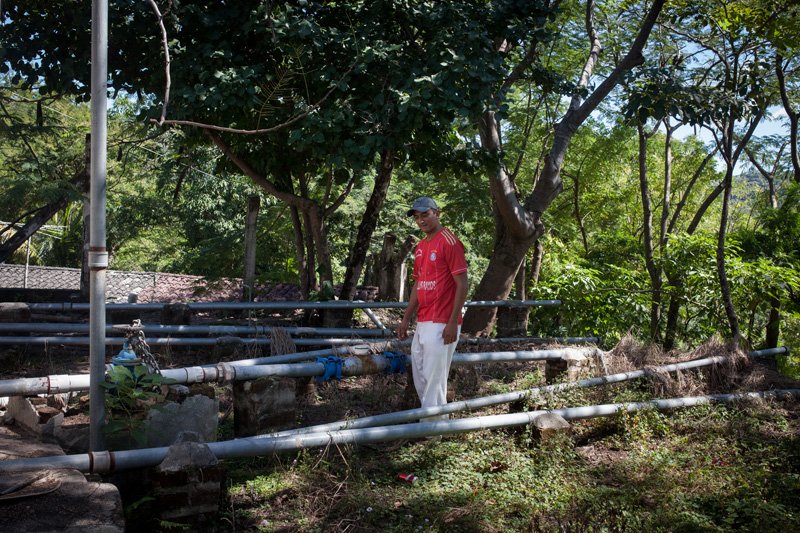
El Salvador is suffering from extreme drought and water scarcity due to climate change. El Salvador, 2016.

Radio Victoria is a local organization which has always denounced abuses from mining companies and which spent decades reporting on contaminations and widespread misinformation. Some if its founders had to seek asylum in third countries faced with constant death threats. El Salvador, 2016

An environmental activist was beaten up by unidentified people. El Salvador, 2016

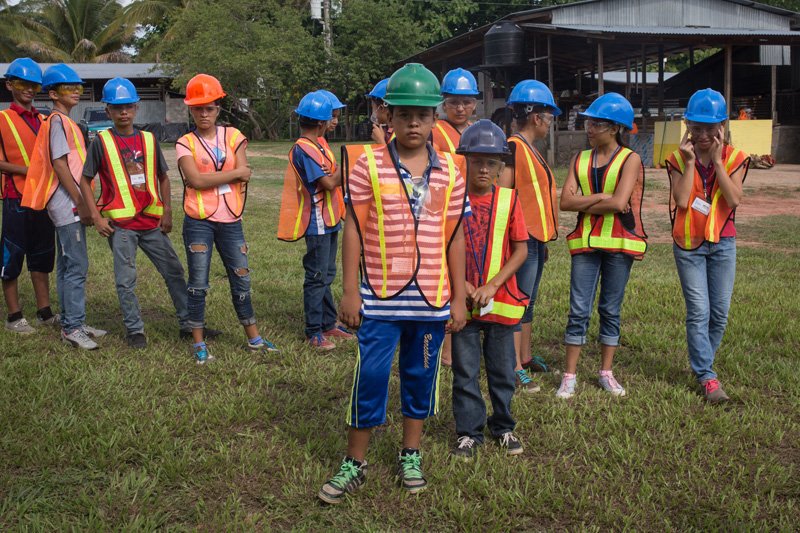
Pacific Rim has created the El Dorado Foundation to promote the mining industry and to gain the trust of the local population. San isidro, El Salvador, 2016


A local election is organized to decide wether or not El Salvador should prohibit metallic mining. El Salvador, 2016
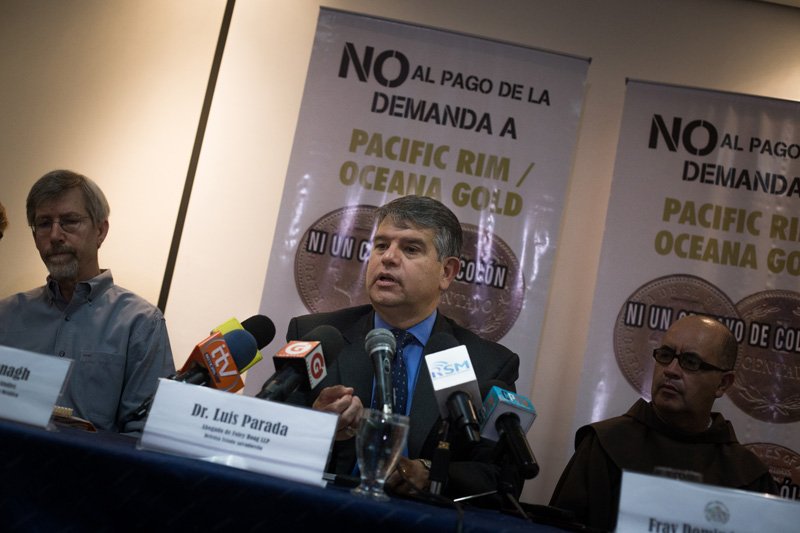
Luis Parada, the lawyer defending the Salvadorian State in the Pacific Rim case. San Salvador, El Salvador 2016
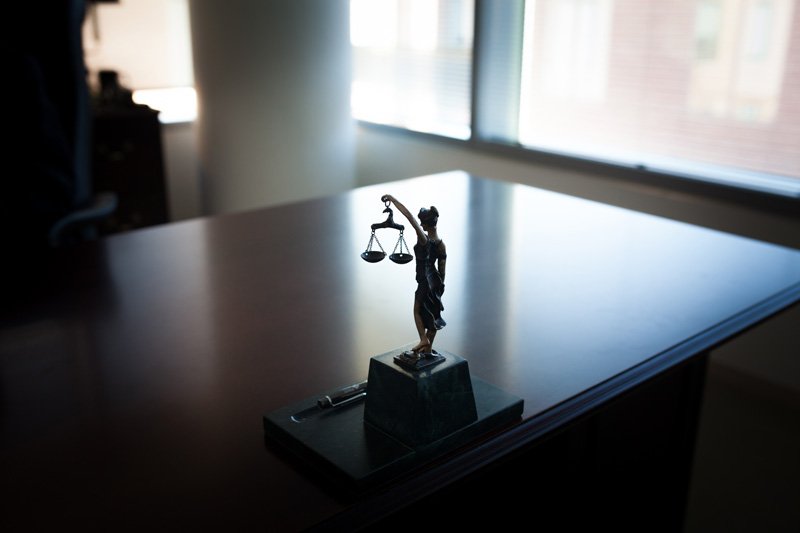
The office of Luis Parada, the lawyer defending the Salvadorian State in the Pacific Rim case. Washington DC, USA, 2016
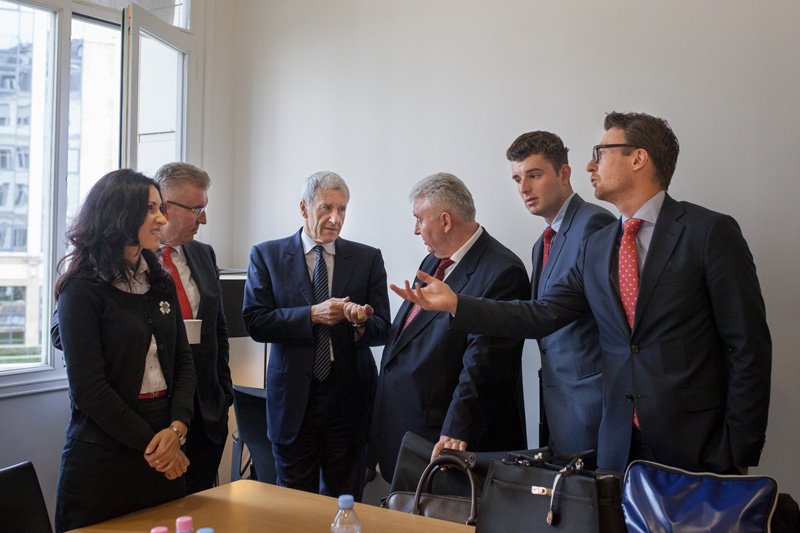
The legal team representing the Micula company in the Micula v. Romania case. Paris, France, 2015

Emmanuel Gaillard, one of the most influential practitioner in the world. Paris, France, 2015

The Hearings of the Windstream Energy v. Canada case. Toronto, Canada, 2016

The Hearings of the Windstream Energy v. Canada case. Toronto, Canada, 2016

The American company Renco Group owns the metallurgical complex in the city of La Oroya. It filed an arbitration against Peru, claiming $800 millions after the government fined them for not complying with environmental standards. La Oroya is one of the most polluted place in the world. La Oroya, Peru, 2016

"Long live the indefinite strike in La Oroya". 2016

When the arbitration started the Renco Group bankrupted the complex, leaving thousands of workers jobless, triggering an economic crisis in this Andean remote town. La Oroya, Peru, 2016

A worker council to vote for the strike. La Oroya, Peru, 2016
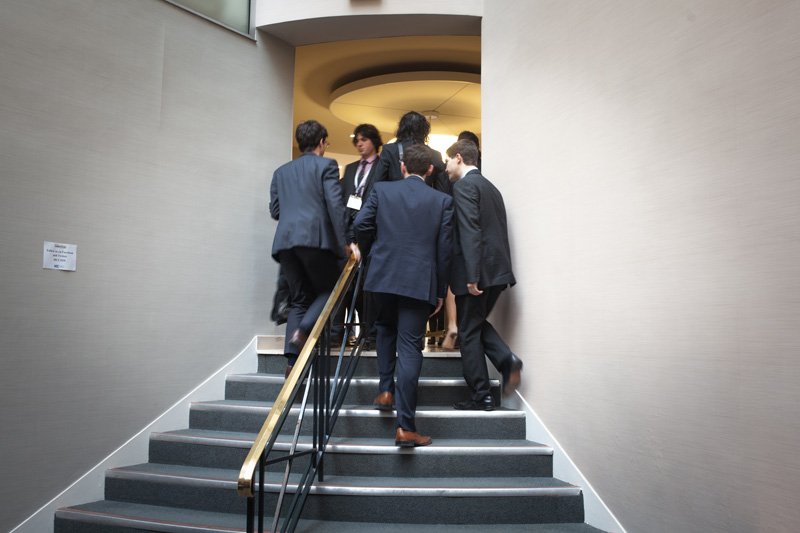
International law students compete during the Arbitration Week organized by the International Chambre of Commerce. Paris, France, 2016

The families staying in La Oroya suffer from various diseases due to the lead contamination and are left without job since the suspension of the complex’s activities. La Oroya, Peru, 2016

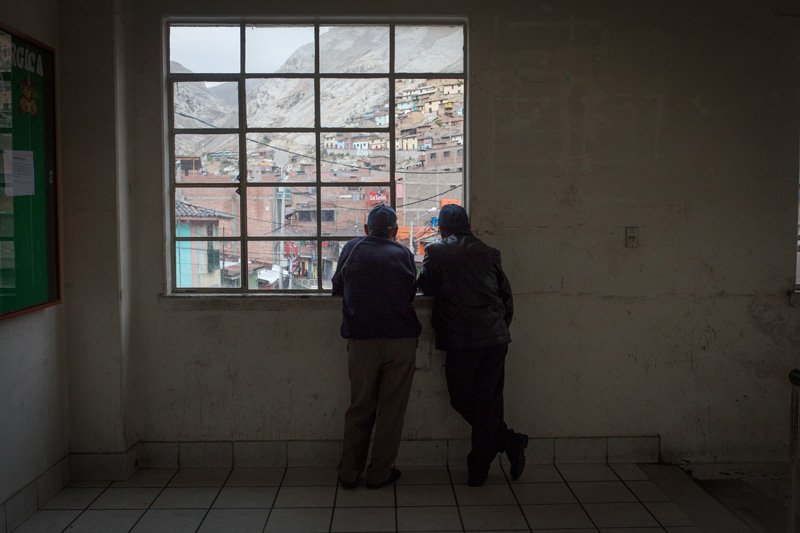
Workers after a meeting. La Oroya, Peru, 2016

The Hearings of the Windstream Energy v. Canada case. Toronto, Canada, 2016



The International Bar Association, the most influential lawyers organization in the world, holds annually the Arbitration Days, a cycle of conferences attended by practitioners from all around the world. Shanghai, China, 2016
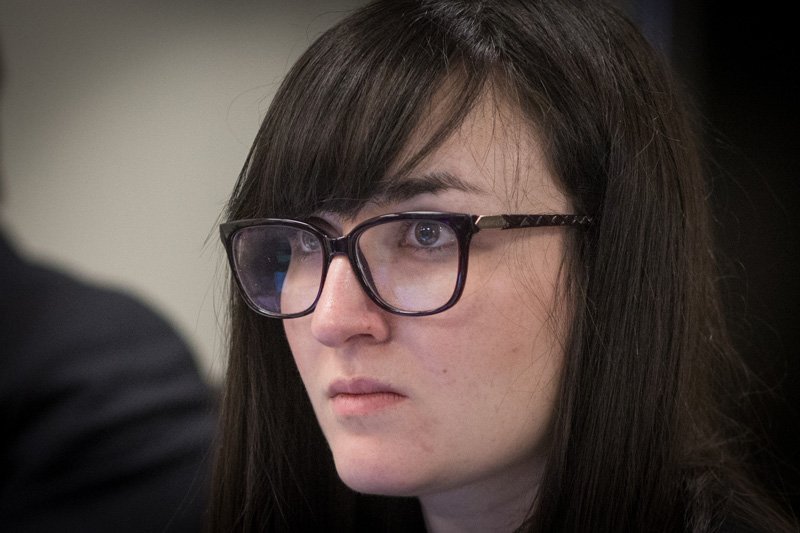
The Hearings of the Windstream Energy v. Canada case. Toronto, Canada, 2016


Alexandria, Egypt, 2016



A zabaleen, an informal garbage sorter. The French company Veolia signed a contract with the Egyptian government in 2001 to privatize the waste management of the city of Alexandria. In 2011 the company left, leaving Alexandria in a chaos of garbage. In 2012 Veolia initiated a $90 millions claim against the State. Alexandria, Egypt , 2016
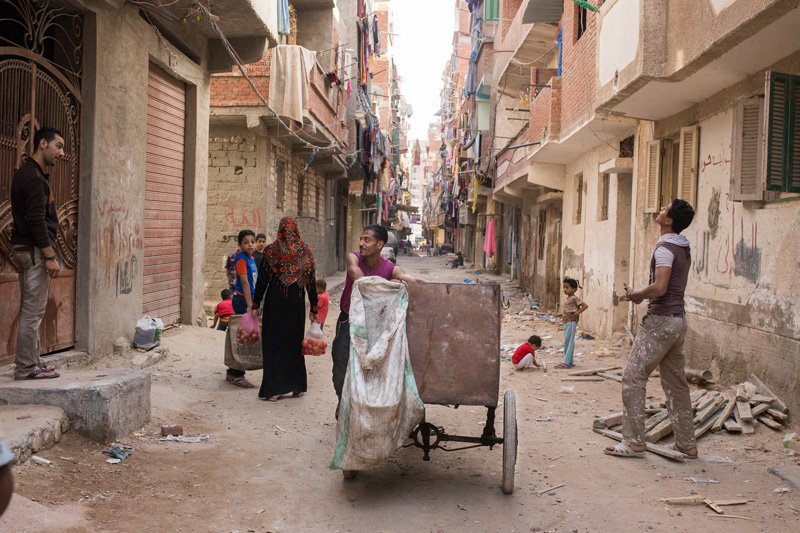
A zabaleen, an informal garbage sorter. The French company Veolia signed a contract with the Egyptian government in 2001 to privatize the waste management of the city of Alexandria. In 2011 the company left, leaving Alexandria in a chaos of garbage. In 2012 Veolia initiated a $90 millions claim against the State. Alexandria, Egypt, 2016

A zabaleen, an informal garbage sorter working in a plastic recycling factory. The estimation of the number of zabaleens is as high as 50.000 in Alexandria. They suffered from the competition with the French company Veolia when it was operating. Alexandria, Egypt, 2016

A conference about ISDS and Investment Treaties at the OECD. Paris, France, 2015

The Hearings of the Windstream Energy v. Canada case. Toronto, Canada, 2016

The Hearings of the Windstream Energy v. Canada case. Toronto, Canada, 2016